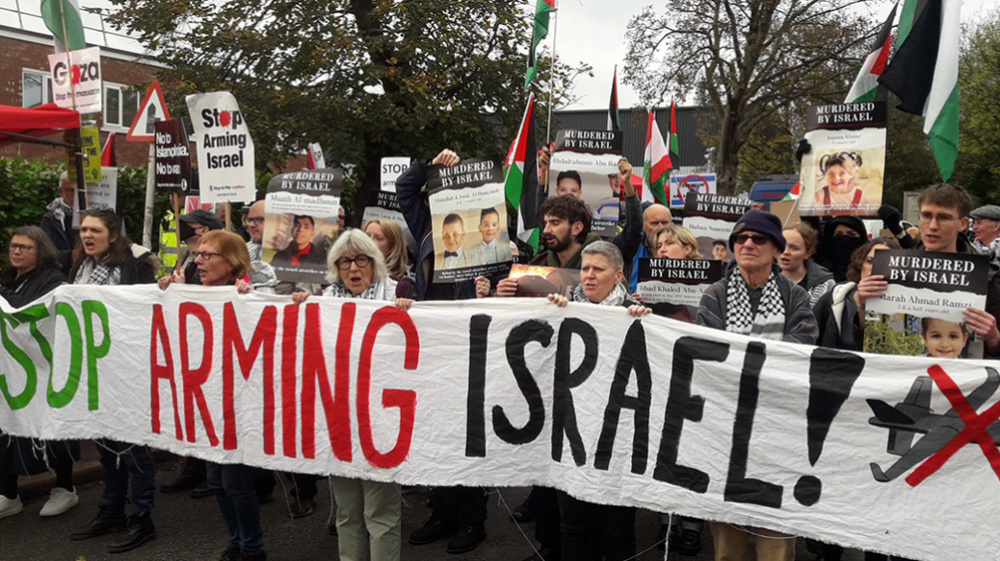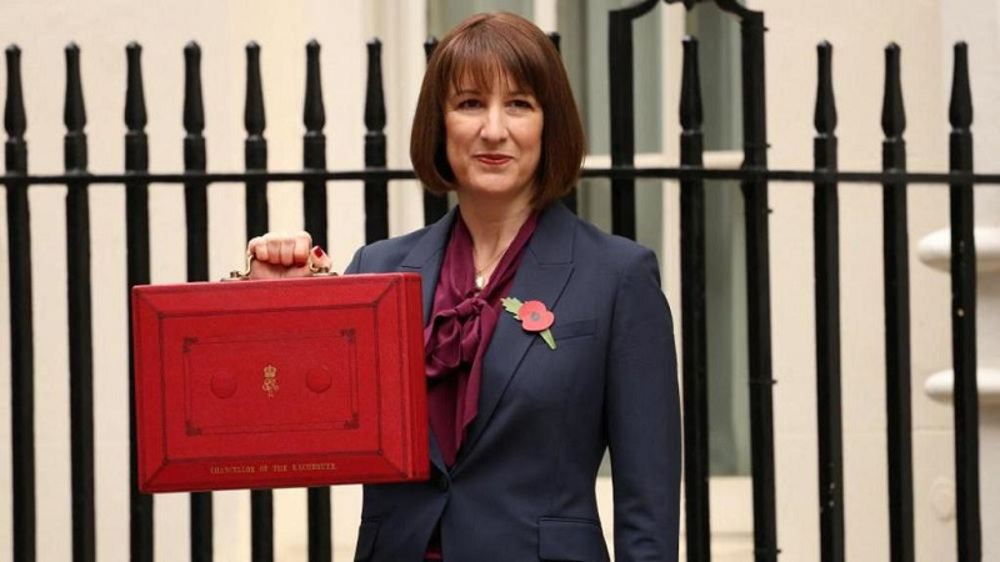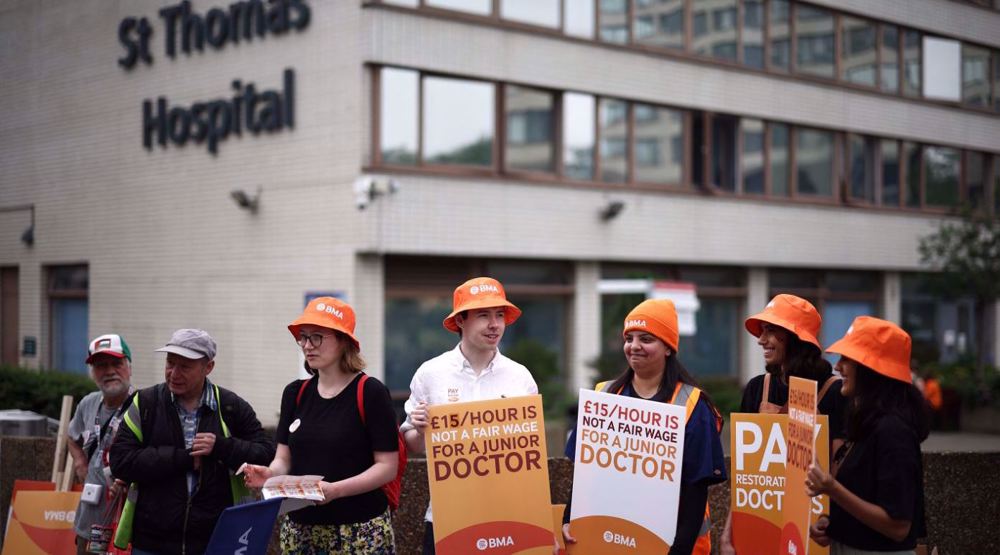IMF cuts UK growth forecast for first time since Brexit vote
The International Monetary Fund (IMF) has revised down its 2017 growth forecast for Britain, its first downgrade for the country since the aftermath of the Brexit vote held last year.
In an update of its World Economic Outlook on Monday, the IMF said that the growth will slow to 1.7 percent this year from 1.8 percent that was in 2016. The monetary organization said the 2018 forecast will remain unchanged at 1.5 percent.
The IMF had predicted in April that the UK economy would grow at 2.0 percent, after the economy withstood the initial shock of the Brexit referendum.
The IMF said its downgrade reflected Britain's weaker-than-expected growth at the start of the year.
"The ultimate impact of Brexit on the United Kingdom remains unclear," the Fund's chief economist Maurice Obstfeld said.
In response to the IMF report, the British Treasury claimed that the “fundamentals of our economy are strong.”
But it stated that the IMF forecast “underscores exactly why our plans to increase productivity and ensure we get the very best deal with the EU are vitally important.”
Chancellor of the Exchequer Philip Hammond is a strong supporter of a so-called soft Brexit, in contrast to some, including Prime Minister Theresa May, who have sought a clean break from the EU.

Senior British business figures have exerted pressure on the government to reconsider a hard Brexit under which the UK will lose its preferential access to the EU's single market and suffer from soured relations with other EU members.
And certain politicians have also warned that a hard Brexit will cause economic harm on the United Kingdom and hurt the poor people more.
May triggered Article 50 of the Lisbon Treaty in March to officially begin divorce talks between Britain and the EU. However, Brexit negotiations only began after the June 8 general election.
May had called for a snap election in hopes of getting an increased majority that could have strengthened her position before going into two years of intense negotiations with the EU.
Her election gamble backfired. British voters dealt her a devastating blow, wiping out her parliamentary majority. The opposition Labour Party, meanwhile, picked up dozens of seats.
May was forced to seek a contentious supply-and-confidence agreement with Northern Ireland’s Democratic Unionist Party (DUP), which won 10 seats, in a bid to cling to power – at the cost of £1 billion.
VIDEO | Iran eases the rules for exporting hand-woven carpets
VIDEO | Intl. Day for the Elimination of Violence against Women: A stark reminder of Gaza women
Australia denies ex-Israeli minister Shaked visa
VIDEO | 85% of Yemeni displaced people face daily hunger crisis
US House passes bill targeting charities and pro-Palestine groups
VIDEO | Supporting Gaza genocide
Hezbollah attacks Israeli forces after Lebanese homes blown up
World leaders, states hail ICC arrest warrants for Netanyahu, Gallant













 This makes it easy to access the Press TV website
This makes it easy to access the Press TV website